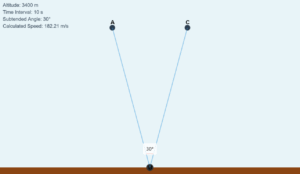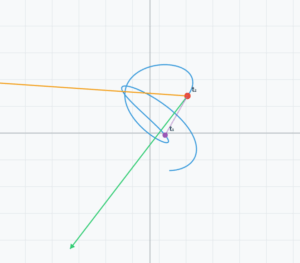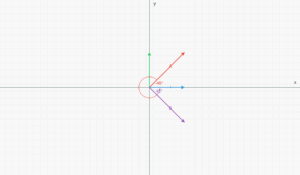NEET Physics: Scalar Quantities
Question 1 of 5
A scalar quantity is one that:
(a) is conserved in a process
(b) can never take negative values
(c) must be dimensionless
(d) does not vary from one point to another in space
(e) has the same value for observers with different orientations of axes
Remember that scalar quantities are defined by having only magnitude, while vectors have both magnitude and direction. Consider examples like temperature, energy, and distance.
Explanation:
Correct Answer: (e) has the same value for observers with different orientations of axes
This is true because scalar quantities are independent of the coordinate system orientation. Their value doesn't change based on how we set up our reference frame.
Why others are incorrect:
(a) False - Energy is a scalar but not conserved in inelastic collisions.
(b) False - Temperature is scalar but can be negative (e.g., -10°C).
(c) False - Many scalars have dimensions (e.g., length, time, mass).
(d) False - Scalars like gravitational potential vary in space.
Score: 0/5



